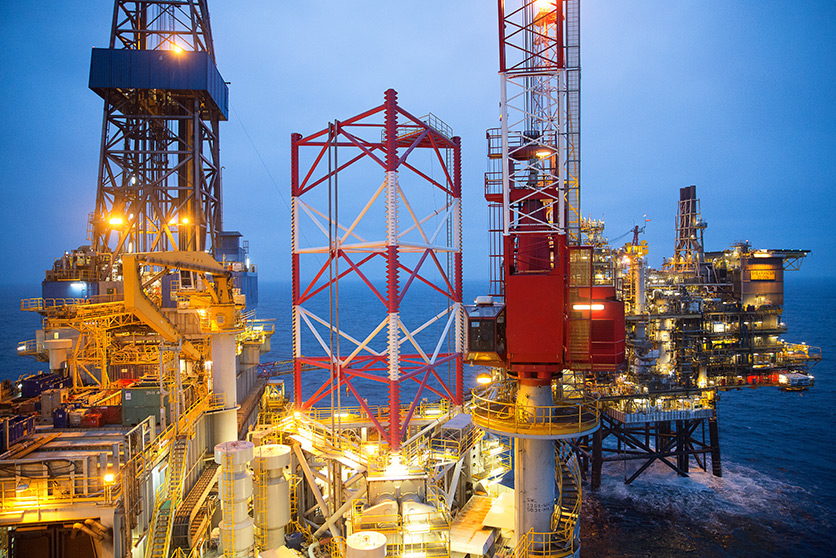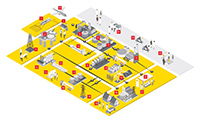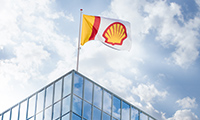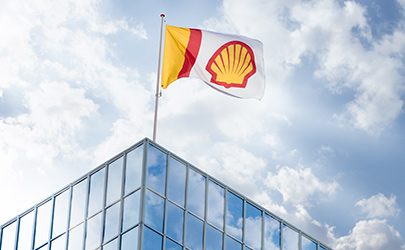In Focus: UK North Sea
In 2018, Shell UK marked 50 years of North Sea oil and gas production which began with the start-up of the Southern North Sea Leman gas field back in August 1968. Today, we are one of the region’s biggest producers. We have recently restructured our North Sea portfolio to give it profitable life for years to come.
For over five decades Shell has built a material asset base on the UK Continental Shelf (UKCS), with interests in over 50 fields, 25 platforms and 1 FPSO vessel. Shell operates assets that provide around 10% of the UK’s total oil and gas supply, contributing to the nation’s energy security. We also supply a range of fuels, chemicals and services to the UK market. In 2018, our UK Upstream business spent $3 billion on contracting goods and services from local companies, supporting over 28 thousand full-time employees across the wider UK economy.
In October 2019, Shell took FID on the Pierce Depressurisation Project in the UK Central North Sea, the eighth FID on the UK Continental Shelf since the start of 2018. It follows the FIDs for the Shearwater, Arran, Alligin (non-operated), Fram and Penguins developments. This is part of a strategic expansion of our North Sea capacity and is in line with our focus on creating profitable investments and competitive growth opportunities. Since January 2018 the most notable FIDs in terms of production are:
- Penguins, a Shell-operated joint venture between Shell (50%) and ExxonMobil (50%). As part of the redevelopment a further eight wells will be drilled and tied back to the FPSO vessel. Penguins is expected to have a peak production of 45 thousand barrels of oil equivalent a day. Oil will be transported via tanker, and gas will be transported via the FLAGS pipeline to the St Fergus gas terminal in north-east Scotland.
- Shearwater, a Shell-operated joint venture between Shell (28%), ExxonMobil (44.5%) and BP (27.5%). Further investment will allow simplification of the production process on the platform and connect the Shearwater hub with the Shell Esso Gas and Associated Liquids (SEGAL) pipeline. At peak production, the wet gas export capacity is expected to reach around 70 thousand barrels of oil equivalent a day.
- Pierce, a joint venture between Shell (92.52%) and Ithaca Energy (UK) Limited (7.48%). The investment will go towards modifying the existing FPSO vessel, installing a subsea gas export line from the FPSO to the SEGAL pipeline and drilling new wells. Once complete, the Pierce field is expected to reach peak production of more than 30 thousand barrels of oil equivalent a day.
Advances in technology have been crucial to the development of the North Sea energy sector and continue to play a vital role. Innovative technologies and digitalisation are helping Shell UK to reduce development costs and improve performance, increase reliability and ensure safety. With the help of advanced data analytics, predictive maintenance provides real-time information on the condition of key pieces of equipment, allowing early detection of anomalies and preventing unplanned interruption of production. Another area is wells technologies, where innovations have enabled us to develop and operate High Pressure High Temperature (HPHT) fields.

The Shearwater platform and the Noble Hans Deul jackup alongside each other in the UK North Sea
 Our businesses and organisation
Our businesses and organisation
 Overall highlights in 2019
Overall highlights in 2019
 Projects & Technology overview
Projects & Technology overview
 Financial data
Financial data
